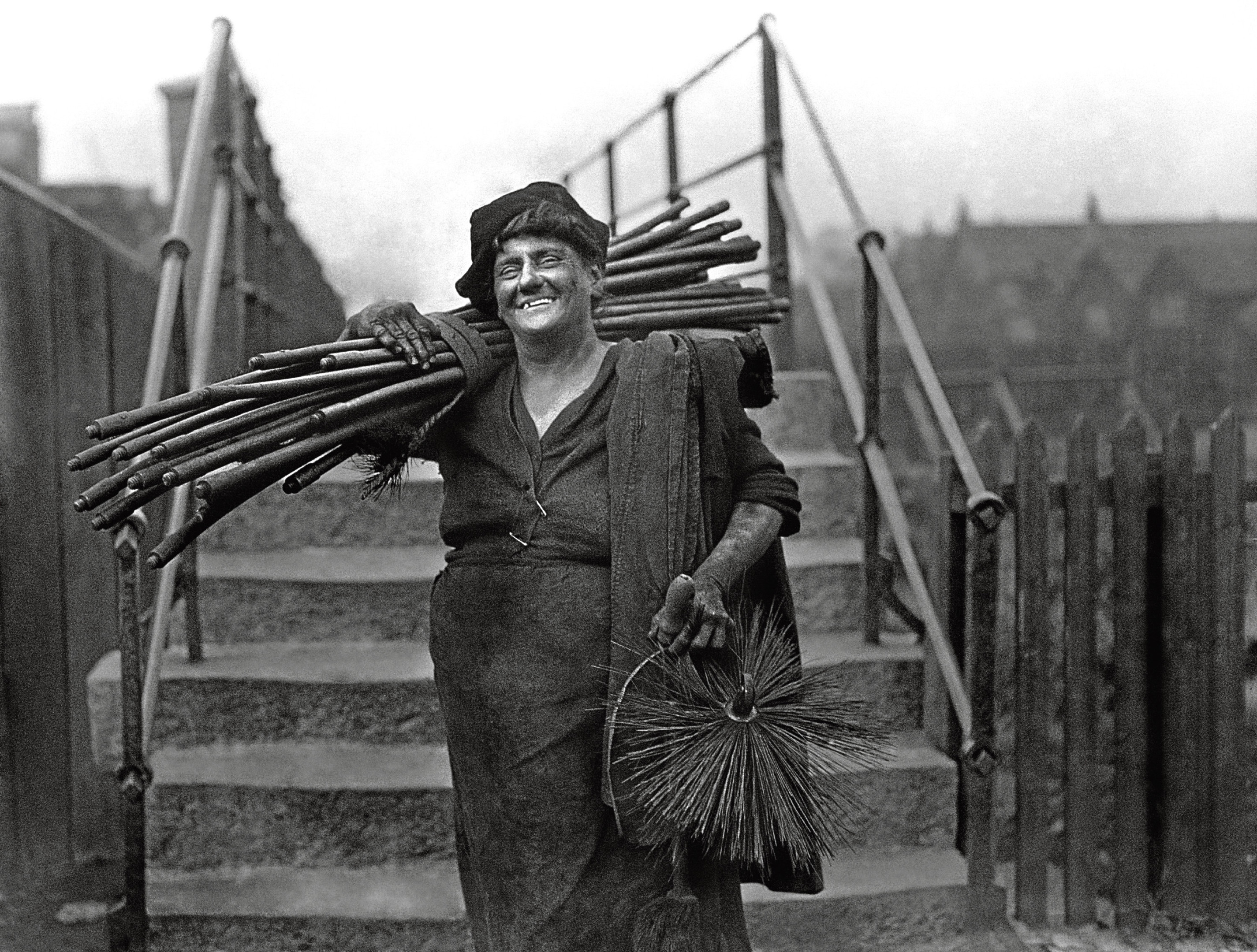
The idea of a family Christmas dates back to the early Victorian era with the publication in 1843 of Charles Dickens’ A Christmas Carol.
The character of Tiny Tim, in particular, helped shape the focus on children, his crutch left standing in the Cratchit family’s hearth the trigger for Scrooge’s ultimate redemption.
The fiction gives an often brutal but still sanitised version of how children were treated then. The reality could be even more horrific.
Boys and girls were used to mine the coal for the fires, for example. This was highlighted in reports to a Royal Commission on child workers in mines and factories. Dickens had been deeply shocked on reading one of the reports.
Much of this history remained hidden for generations before being revealed by historians and community heritage custodians, like one community group in Midlothian.
Danderhall and District Guerrilla Gardeners first gathered to stop the use of weedkillers. They took over the maintenance and planting of abandoned or neglected pieces of ground. Then they hit a wall – the last remnants of a wagonway (metal rail on wooden tracks) built to carry coal from Edmonstone to Niddrie.Local historians chipped in with research on sources about daily life for collier families. The most chilling revelations were the statements from the children themselves.
Girls and boys as young as nine worked up to 14-hour shifts carrying baskets weighing eight stone to the surface 300 feet above.
Often, they had to work after the death of a father or mother whose lungs had been wrecked by coal dust. Some managed a few hours’ schooling after an exhausting shift.
One of the children, Jesse Wright, 11, said: “I have worked below nine months, don’t like the work at all; daylight is better. Brother has been three years below; is 12 years past; the work is horrible sair.
“When mother and father first took me down, I was frightened at the place; have got a little used to the work but it crushes me much. I leave work when bad air is in the pit, which frequently has occurred since I first went down.”
Another, Elizabeth Dickson, 12, said: “I draw with the ropes and chain and often fall and get crushed as the hurly comes down the brae, never off work long from the hurts. I am wrought with two brothers and two sisters below: we takes pieces of bread and get nothing more till work is done: we work all night. Many of the lassies get crushed and lose their fingers; have often lost my fingernails.”
The volunteer gardeners’ group published a booklet, made a film, and erected a memorial sculpture featuring a miner and his daughter. Its work has had national recognition with awards from Keep Scotland Beautiful and Britain In Bloom.
Young people are now active members, helping adult volunteers creating attractive spaces and gardens around the village of Danderhall.
It is a far cry from the dreadful suffering of their forbears. It is difficult to understand the Victorian mentality, but life was cheap then. Women routinely died in childbirth from blood loss or sepsis. Children were lucky to reach the age of five.
Legislation was introduced to stop young girls working. The last mine owners stopped the practice, finding that their removal did not reduce profits.
Boy chimney sweeps had to wait another 30 years before parliament intervened. They routinely suffered burns, lung disease, suffocation and cancer.
A Christmas Carol marked the start of vigorous campaigning against the exploitation of children. Telling their stories meant it could not be ignored.
As well as Dickens, the drive was spearheaded by journalists such as Ernest Hart, editor of the British Medical Journal. He exposed the scandal of baby farming by placing a fake newspaper advert to flush out greedy perpetrators who pocketed an average of £10 for every child handed over.
The Danderhall group also unearthed the story of a pit disaster in 1839 which had a miraculous outcome. Two girls, Helen Reid and her cousin Margaret, were trapped, 320ft underground with their fathers and nine others when a mine shaft collapsed, entombing them all.
Helen recalled: “I do not like the work but think I am fit for none other. Two years since the pit closed upon 13 of us and we were two days without food or light; nearly one day we were up to our chins in water. At last, we got to an old shaft, which we picked our way and were heard by people watching above. All were saved.”
As with Tiny Tim, every Christmas story should have a happy ending.

Enjoy the convenience of having The Sunday Post delivered as a digital ePaper straight to your smartphone, tablet or computer.
Subscribe for only £5.49 a month and enjoy all the benefits of the printed paper as a digital replica.
Subscribe